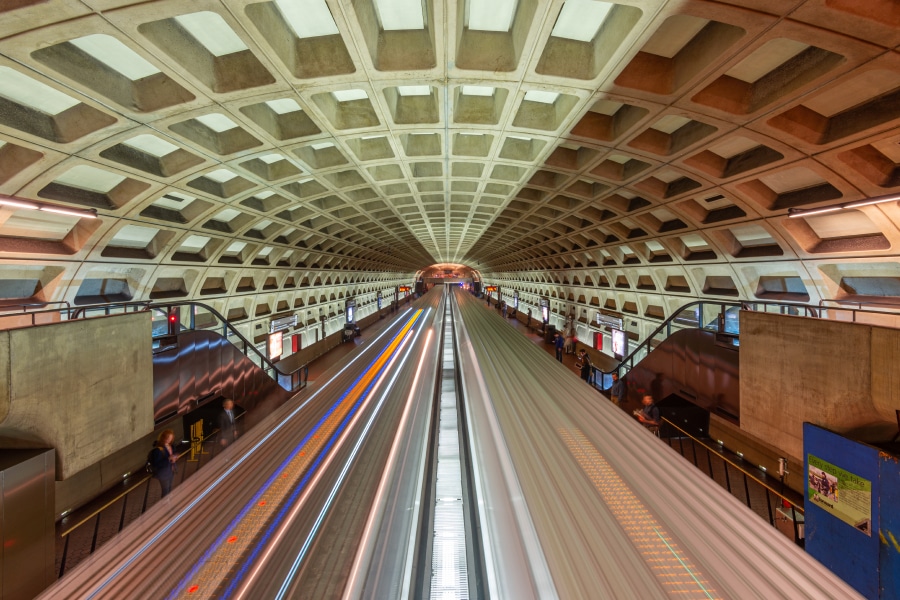Just six months ago, working remotely was somewhat of a novelty. Of course, many white-collar workers had experimented with remote work every so often, and there were many who swore by the so-called digital nomad lifestyle. But, by and large, working in a centralized office wasn’t only the norm, but it was well into a golden era phase, where recruiters touted massive perks associated with in-office work.
Free meals, gyms, nap rooms, yoga studios—these were among the high-level amenities companies stood proud of as part of their effort to recruit the best and brightest talent. This was on top of state-of-the-art open-plan offices, adjustable standing desk employee workstations, as well as access to the best tools and technology a company could offer.
Firms funneled heavy investments into real estate assets in talent-rich cities like San Francisco, New York, Chicago and Los Angeles, among others, with the hope that proximity to talent—plus fancy in-office amenities and perks—would be a critical competitive advantage in a thriving economy with a then-tight labor market.
Some companies are aiming to take advantage of the prolonged remote-work shift with a product designed to provide workers with their own separate, stand-alone office in their backyards.
Then came the COVID-19 pandemic, and that playbook was seemingly thrown out the window. Much of the global population was placed under quarantine for extended periods, sending the economy into a damaging downturn while forcing most accustomed to cushy in-office life to determine how to replicate the experience while working from home.
“Zoom,” in reference to the popular video-conferencing platform, which saw its user growth and company value soar thanks to the pandemic-driven work-from-home boom, became a verb. And, as the dust settled on the initial shock of being deprived of the typical in-office-work trappings, many people discovered that working from home could actually be a wonderful thing—to the point where migration away from cities is on the rise, especially in the technology capital of Silicon Valley.
Many companies, most notably among them Twitter, Google and Facebook, have announced their employees could work from home for at least the next year, if not indefinitely.
At the same time, many workers have found remote work to be unproductive. This is especially true for workers with young children, as school closures have turned working parents into full-time workers and part-time teachers with most schools now operating with remote learning.
As many workers ultimately made modest investments to improve their work-from-home productivity and experience, one company is aiming to take advantage with a potential permanent shift to the work style with a product designed to provide workers with their own separate, stand-alone office right in their backyards.
The smart office design firm Autonomous recently unveiled its “Zen Work Pod,” a compact outbuilding meant to provide a dedicated space and peaceful, conducive environment for remote working.

Whereas in the past the building materials of outbuildings were an afterthought—often scrap lumber or tin—the Autonomous Zen Work Pod is built from oak and walnut woods, resilient aluminum and tempered glass. The work pod’s size and design also lend it flexibility: It is large enough for work, yoga or meditation, or even napping, and its glass ceiling-to-floor windows provide a sense of spaciousness that exceeds its actual dimensions.
Franck Haddad, an architect with Bar Orian, a firm that works on commercial and residential projects in Israel, Europe and the United States, confirmed the trend. Haddad said that numerous clients in Israel had inquired about retrofitting their condominiums to create a dedicated workspace, adding that several clients with private houses or garden apartments—which is rarer in Israel than in most Western countries—were interested in building a custom outbuilding similar in style to the Zen Work Pod.
Meanwhile, as the Zen Work Pod has garnered attention in the U.S., the Escape Pod, manufactured in the Gloucestershire countryside in England, is an even bolder outbuilding retreat. It is an elliptical, organic, rotating pod, fabricated and delivered in nine components, before being assembled and clad on site.

To achieve its curved form, the pod’s design exploits CNC milling techniques, enabling it to be fabricated with precision in the workshop, entirely from wood. Birch plywood, chosen for its strength and aesthetic qualities, forms the structure, and the Escape Pod is clad with cedar shingles and European oak stairs and windowsills, making it naturally weather resilient.
Moreover, the pod sits on a raised platform a foot and a half off the ground. By lifting the steps, the entire pod can rotate to face any direction. Still, all the added features come at a cost, with the Escape Pod costing roughly double the Autonomous Zen Work Pod. The Escape Pod retails for $26,000 while Autonomous plans to retail the Zen Work pod for around $10,000.
The world’s struggle to keep COVID-19 in check has produced changes and distortions in the global economy, some of which are likely to remain permanent. Where previously one’s at-home work environment was frequently an afterthought, it has taken on elevated significance now that both companies and workers are more comfortable with more-permanent remote-work life.
Whether that means workers will be sustainably interested in investing in separate, at-home structures like the Work Zen Pod and others remains to be seen.












